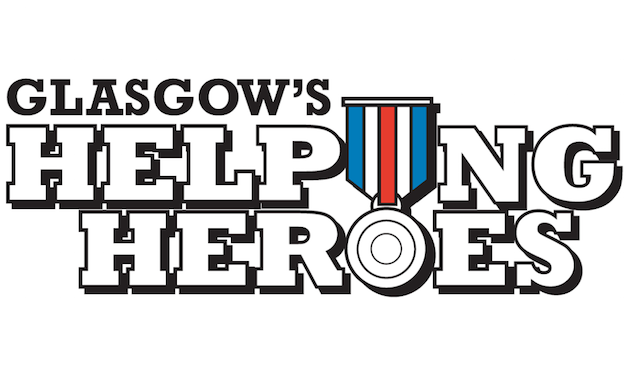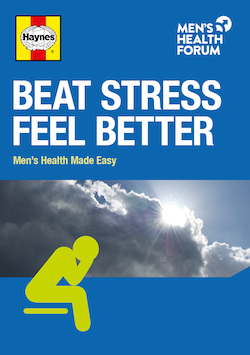John: 'I was depressed in the army'

My name is John. I proudly served in the British Army Royal Logistics Corp as a chef.
My first posting was Northern Ireland. While a serving soldier I was diagnosed with severe depression.
I left the army in 2003 and my mental health and well-being was at an all-time low due to being conditioned to ‘muster on through it’. I continued in this way for the next 10 years. Then in 2014 I got in touch with Glasgow’s Helping Heroes.
When I attended my initial interview, I was welcomed into a small office to discuss my issues with a staff member who was ex-military. When I disclosed my current situation and how I was living, it was reassuring to hear that the staff member had lived the same experiences, had overcome their troubles with the right support and now were in a position to help people who may still be struggling. It helped me to be open and honest with them as I knew that they had lived this and it wasn’t something they had learned at university.
I was given the opportunity to attend a 16-week programme around well-being and lifestyle which has absolutely changed my life from having nothing to do and being isolated to having a purpose and a meaning. Plus, it was good to mix with other veterans who were in similar situations. It made me realise I wasn’t alone by meeting these new people. But what I needed the most was advice and guidance and I have been advised correctly step by step at my own pace.
I sometimes have bad days but know I can phone my worker and they will not judge me and at all times they will treat me with respect and empathy
| This article reflects the experience of the individual. It is not health information from the Men's Health Forum under the terms of the NHS England Information Standard. |
|
The Men’s Health Forum need your support It’s tough for men to ask for help but if you don’t ask when you need it, things generally only get worse. So we’re asking. In the UK, one man in five dies before the age of 65. If we had health policies and services that better reflected the needs of the whole population, it might not be like that. But it is. Policies and services and indeed men have been like this for a long time and they don’t change overnight just because we want them to. It’s true that the UK’s men don’t have it bad compared to some other groups. We’re not asking you to ‘feel sorry’ for men or put them first. We’re talking here about something more complicated, something that falls outside the traditional charity fund-raising model of ‘doing something for those less fortunate than ourselves’. That model raises money but it seldom changes much. We’re talking about changing the way we look at the world. There is nothing inevitable about premature male death. Services accessible to all, a population better informed. These would benefit everyone - rich and poor, young and old, male and female - and that’s what we’re campaigning for. We’re not asking you to look at images of pity, we’re just asking you to look around at the society you live in, at the men you know and at the families with sons, fathers and grandads missing. Here’s our fund-raising page - please chip in if you can. |



